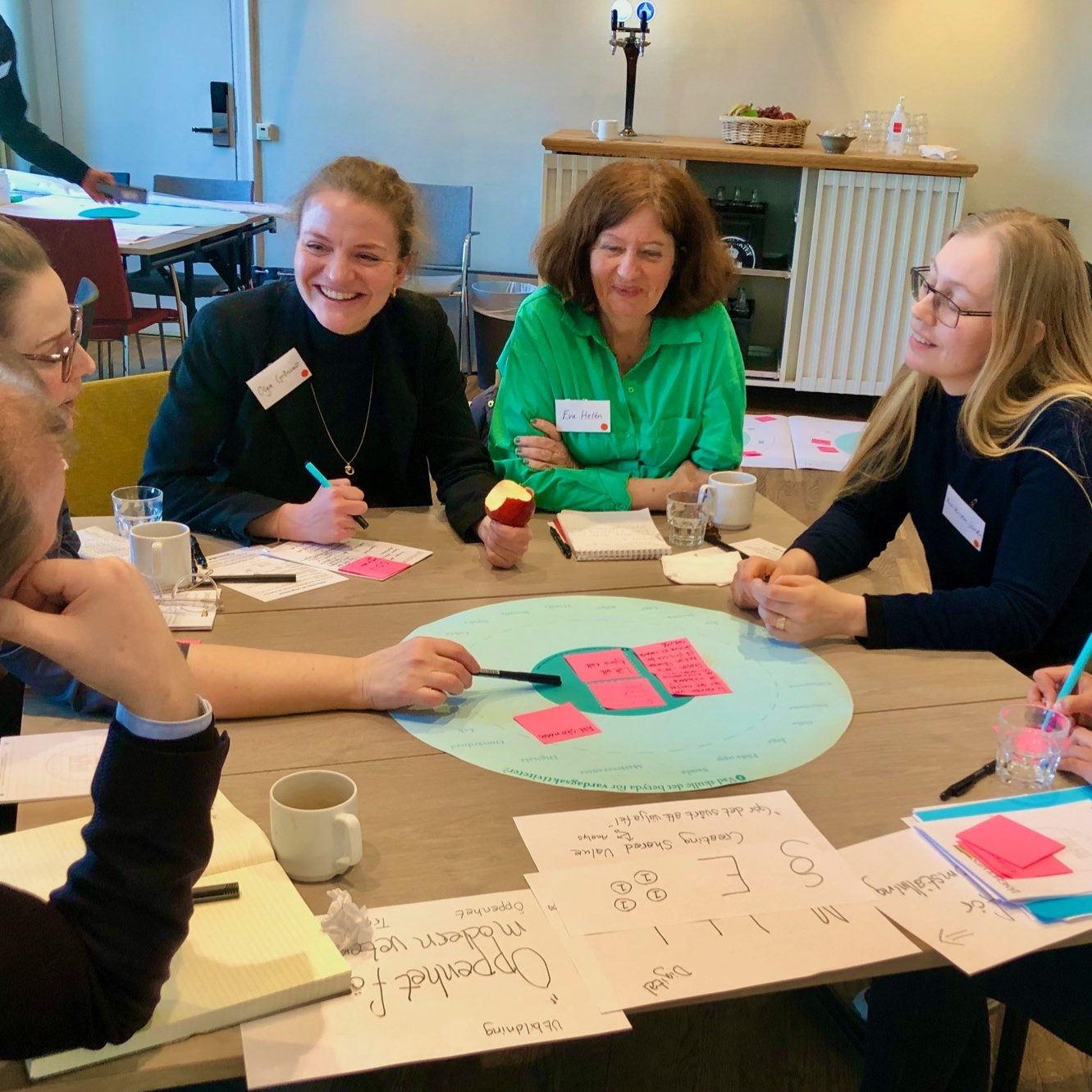Transforming charcoal sectors for sustainable energy futures: A synthesis of concepts, visions and perspectives from the Global South
In many parts of the Global South, but particularly in sub-Saharan Africa (SSA) and southeast Asia, charcoal is the most affordable and reliable source of cooking energy for urban and peri-urban households. Charcoal is almost exclusively produced from natural forests, however, which threatens forest resources while combusting biomass to produce energy emits CO2. Consequently, replacing charcoal with cleaner fuels and transforming unsustainable sectors are currently being advocated by several governments in SSA (and elsewhere) to achieve multiple national commitments, including Sustainable Development Goal 7 which aims to provide efficient, clean and modern energy for all by 2030. Charcoal sectors are mostly understudied, however, and little or only partially understood. Thus, existing synthesis of charcoal systems is mostly superficial, heavily biased towards the impact on forests and mostly incognizant of the social conditions and dynamics along its value chains. For example, the charcoal industry is often described as providing thousands of jobs to people, mostly rural producers, transporters and urban-based retailers. Yet, the industry is also characterized as one that is controlled by elites and where injustices and criminal activities abound. In almost all cases, transforming the sector implies drastically altering millions of interconnected livelihoods in unclear ways.
Members of the proposed working agree that existing conceptualizations of transformations are overly simplistic and bound to fail because they ignore the complex and interconnected nature of charcoal socio-ecological systems. Moreover, they rely heavily on a few knowledge types and systems (natural science/conservation science from western academia) which has generated a highly negative narrative about charcoal that dominates policy agendas but is not (necessarily) shared by all stakeholders. As governments strategize and execute their transformation agendas, this working group would collate the hundreds of place-based studies that have been conducted in the Global South to get a better understanding of what would be transformed and how, and whether existing versions of transformations can lead to sustainable futures. As an interdisciplinary team of charcoal researchers working in different parts of Africa, this group would draw from existing case studies to identify commonalities and the role of context in determining the types of transformations that are advocated and how well they achieve multiple ideas of sustainability.
Key research questions:
- 1. How are “transformations of the charcoal sector” in the Global South conceptualized by different governments, sectors and actors?
- 2. To what extent do existing conceptualizations of charcoal sector transformations take into account the complex nature of charcoal social-ecological system (i.e., many actors with conflicting interests) including the intersectorality of charcoal, injustices along the value chain, and the informal and customary structures that characterize the sector?
- 3. What can be learned from existing examples of place-based sustainable charcoal production, trade and use of charcoal in terms of the versions of sustainability they achieve, the human and financial resources they require, and the knowledge systems they depend on?
Working Group Coordinators:
- Mathew Bukhi Mabele – University of Dodoma, Tanzania
- Frank Kwaku Agyei – University of Science and Technology, Ghana
Working Group Participants:
- Sylvia Herzog – The Charcoal Project
- Johanne Pelletier – CGIAR Standing Panel on Impact Assessment
- Etienne Yusufu Kachaka – University of Kinshasa, Democratic Republic of the Congo
- Lwanga Kasereka Muvatsi – Center for international Forestry Research, Democratic Republic of the Congo
- Mercie Ramilanajoroharivelo – Welthungerhilfe, Madagascar
- Tuyeni H Mwampamba – National Autonomous University of Mexico, Morelia Campus, Mexico




